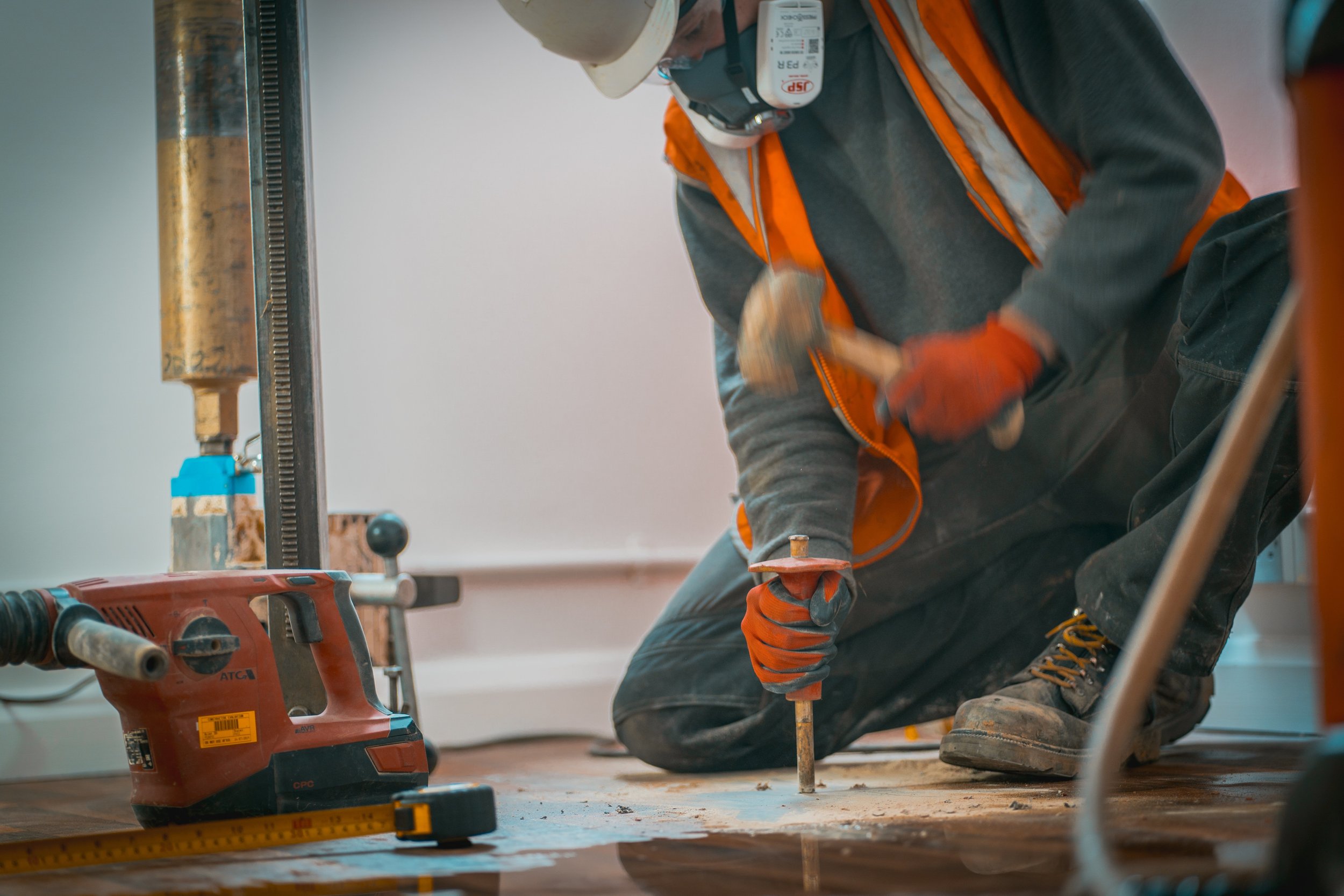
Timber Surveys
Timber Surveys
One of the most effective methods of determining the health of timber components within a structure is dentritic testing. Dendritic surveys of timber involve the detailed examination of wooden structures to assess their integrity and potential defects. This method utilises various techniques to analyse the physical and biological aspects of timber, which is essential for ensuring the longevity and safety of wooden materials used in construction and other applications.
What is a Dendritic Survey?
A dendritic survey typically focuses on identifying issues like rot, insect infestation, and structural weaknesses in timber. By observing the growth patterns and cellular structures of wood, specialists can gain insights into the quality and durability of timber. Standard evaluations may include visual inspections, non-destructive testing methods, and sampling of materials for laboratory analysis.
Benefits of Dendritic Surveys
Early Detection of Defects: One of the primary advantages of conducting dendritic surveys is the early identification of timber defects. Detecting issues such as decay or pest infestations at an early stage can prevent costly repairs or even structural failures.
Enhanced Safety: Ensuring the structural integrity of timber is crucial for safety. Dendritic surveys help in assessing the load-bearing capacity and stability of wooden structures, safeguarding against accidents and injuries.
Informed Decision Making: Property developers, architects, and contractors can make better-informed decisions regarding timber sourcing, preservation, and utilisation after the results of a dendritic survey. This helps in selecting the right materials for specific construction projects, enhancing overall building quality.
Regulatory Compliance: In some regions, regulatory frameworks mandate timber evaluations as part of building safety assessments. Dendritic surveys ensure compliance with these regulations, reducing legal risks associated with substandard materials.
Preservation of Resources: By identifying timber that can be salvaged or restored, dendritic surveys promote sustainable construction practices. This not only preserves natural resources but can also lead to cost savings by reducing the need for new materials.
Lifecycle Assessment: Dendritic surveys contribute to a comprehensive understanding of the lifecycle of timber. By assessing its current state and predicting future conditions, stakeholders can better manage maintenance and replacement schedules.
Value Enhancement: Properties with properly surveyed and maintained timber can see an increase in value. Documented surveys provide potential buyers and investors with confidence in the integrity of the structure,
Contact Us
Dendritic surveys of timber play a vital role in ensuring the safety, durability, and sustainability of wooden structures. By detecting issues early, supporting informed decision-making, and promoting regulatory compliance, these surveys are essential for anyone involved in the construction and maintenance of wooden elements. Regular evaluations not only protect investments but also contribute to the overall health of construction projects across the UK. Contact us if you would like more information on dentritic testing or any of our other timber surveys
Our Services
Please Click on the tiles below to find out more about the services we offer
Contact Us
If you have any queries about any of our services please contact us, a member of our team will be happy to advise.






